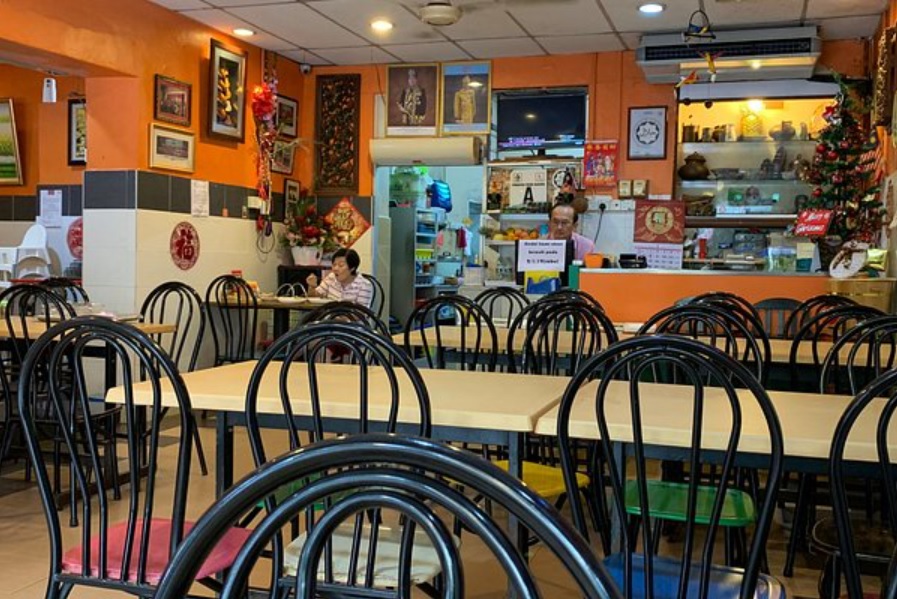
The Kelantan state government has announced that all food and beverage (FB) establishments in the state will soon be required to obtain a halal certificate to renew their business license.
According to the Islamic Development, Dakwah, Information and Regional Relations Committee state chairman Asri Mat Daud, the Kota Bharu Municipal Council will be the first to enforce this requirement.
He added that other councils located in Kelantan will follow suit and will also implement the rule, but has not specified a timeline for state-wide enforcement.
However, the Small and Medium Enterprises Association Malaysia (SAMENTA) has urged the Kelantan government to reconsider this decision and calls for collaboration with F&B operators to promote halal certification, with the certification authority to further streamline and reduce the burden and costs of obtaining such certification.
SAMENTA national president Datuk William Ng said that the halal certification should not be made mandatory as it adds another layer of burden and costs to businesses, especially to the SMEs and small traders.
“Applying for halal certification could mean up to RM200,000 per premise if modifications to the premise is required and up to another RM50,000 per annum if a halal coordinator is required on top of the training costs of new and existing employees,” he said in a statement.
Ng added that the larger chain stores may be able to afford to follow these stringent regulations, especially given the benefits of being halal-certified.
At the same time, he noted that for small traders, both Muslims and non-Muslims, the process and costs of having a halal certification was another layer of costs and burden, in an already high-cost and low-margin business environment.
Meanwhile, the Kelantan Housing, Health and Environment Committee chairman Hilmi Abdullah noted that the enforcement of the halal certification does not involve non-halal eateries such as those serving pork dishes, since non-halal food can still be sold at premises specifically for non-Muslims.
“The state government always respects the rights of non-Muslim traders to conduct business according to their community’s beliefs and needs. The implementation of the halal certificate only applies to food premises seeking such recognition and does not affect non-Muslim businesses that do not apply for the certificate,” Hilmi added.














